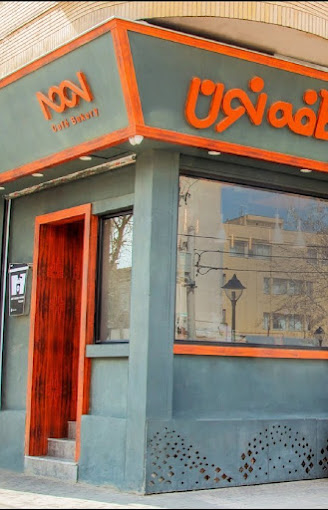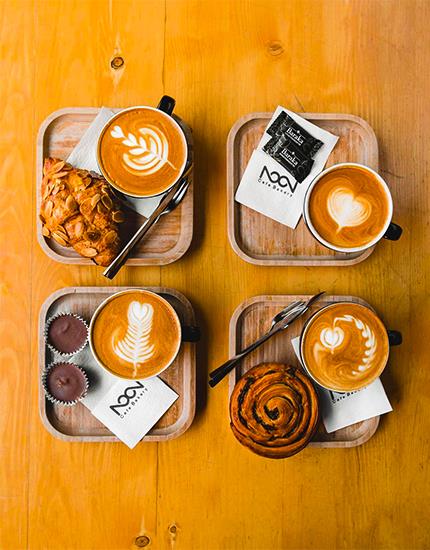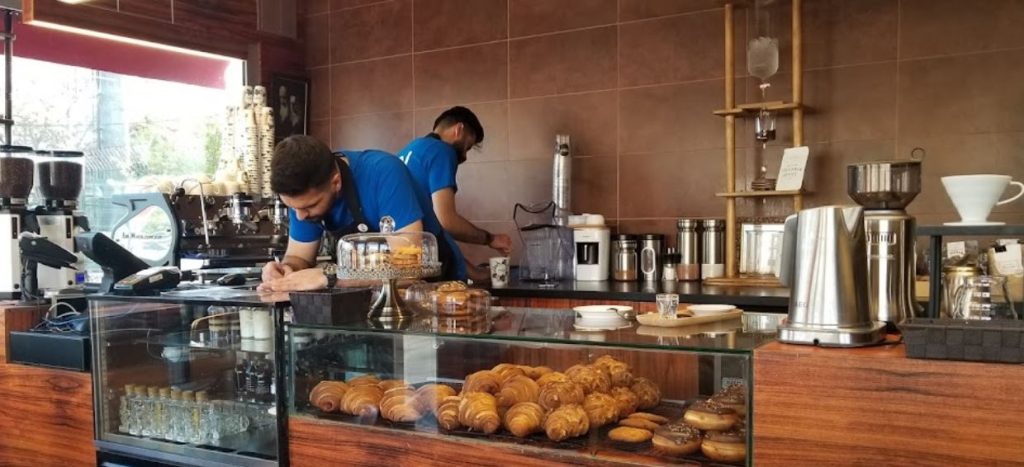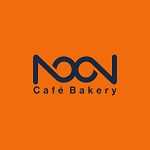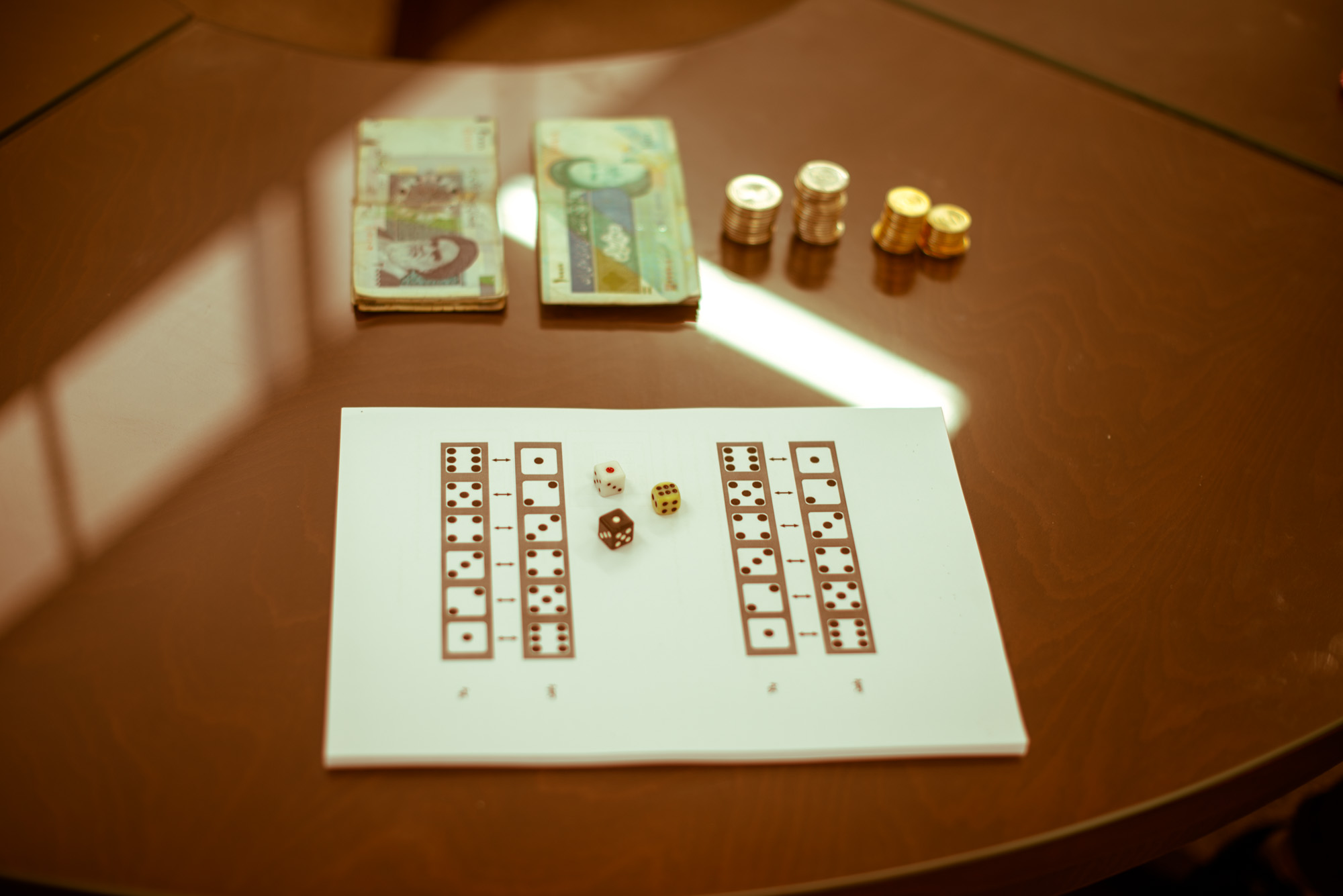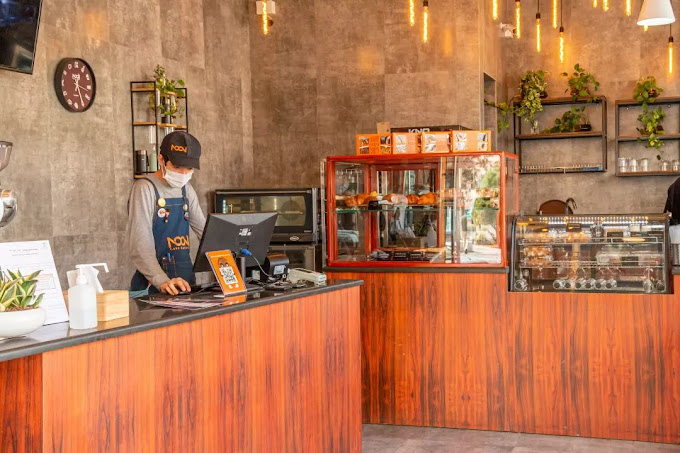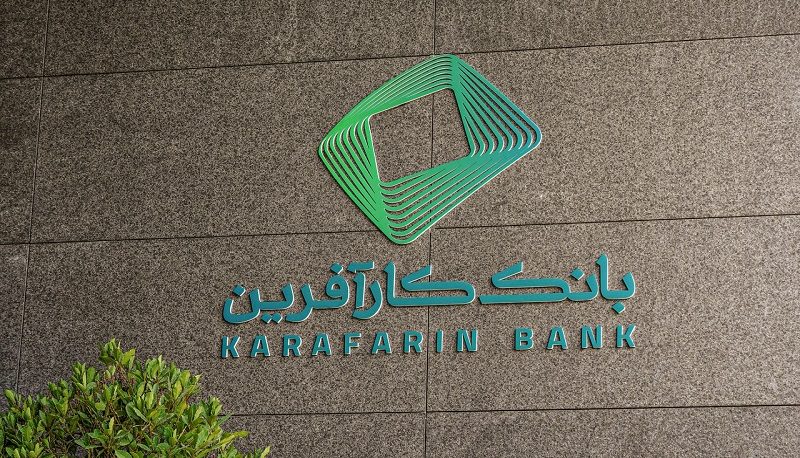How Can The Framing Effect Increase Perceived Utility In The Coffee Industry? The coffee industry is highly competitive, and customer satisfaction is crucial in retaining a loyal customer base. The taste of the coffee is a significant factor that contributes to the satisfaction of customers. Our perception of taste is prone to various cognitive biases, and any manipulation of the perception can impact the likeability of the product, brand interest, and overall experience satisfaction.
Café Noon is a successful café-bakery in Mashhad with over 20000 upper-class customers. It serves specialty coffee and high-quality bakery products, but the majority of its customers are naive consumers who have trouble distinguishing between high- and low-quality coffee. The owners wanted to enhance the customers’ perception of the quality of the coffee they serve, as the brand deserves more recognition for its competitive advantage.
To achieve this, we suggested using the framing effect to manipulate the context and influence the customers’ perception of taste. We conducted an experiment with 240 Café Noon customers, who were given a cold brew coffee to taste and then fill out a questionnaire about its taste, perceived value, and brand favorability. The participants were randomly assigned to one of three groups and provided with different information cards while drinking their coffee:
- The predominant flavor note of this coffee is sour cherry (sensory information).
- This coffee is harvested from Brazilian farms (product origin information).
- The Ferdowsi tomb is a popular tourist attraction of Mashhad (irrelevant information taken as a control).
The results showed that the presentation of additional information caused a framing effect, leading to a change in the favorability of taste and perceived value of the coffee. Surprisingly, the information about the origin of the coffee beans had a more significant impact on both the taste and perceived value of the product than the sensory information about the flavor note.
It is important to note that Richard Thaler, a Nobel Prize-winning behavioral economist, has extensively studied the concept of mental accounting and the framing effect in economics. His works, including the article “Mental Accounting and Consumer Choice,” provide insight into how people categorize their money into different mental accounts and how this influences their decision-making. Readers interested in learning more about the topic should consider reading Thaler’s works.
